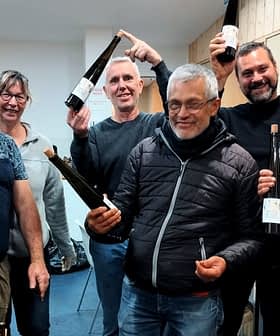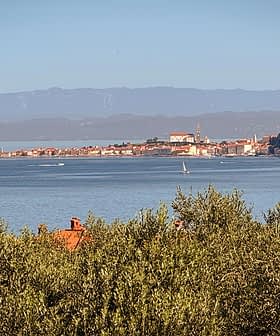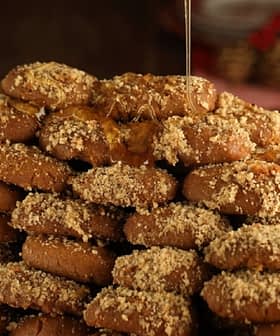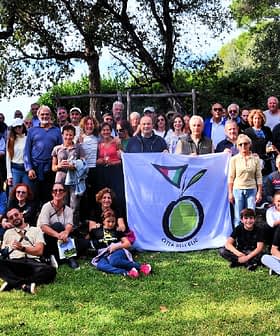Three-Day Celebration of Olive Oil in Sardinia
The three-day cultural event “La degustatrice di olio d’oliva” in Alghero, Sardinia, featured a tasting contest that attracted olive oil lovers from around the world, including Japan and Germany. Professional Italian olive oil tasters dominated the competition, highlighting the economic importance of olive oil production in the region, which is significantly lower compared to other South Italian regions like Apulia and Calabria.

Olive oil lovers took part in the three-day cultural event “La degustatrice di olio d’oliva,” held in the municipality of Alghero, Sardinia.
The 6th edition of the event closed on May 4 with its traditional tasting contest.
“The competition is growing in popularity,” said an organizer, “notably attracting Japanese and German nationals.”
The contest had two main sections: A practical one that measured the ability of candidates to differentiate among the variety, origin, intensity and defects of extra virgin oil; and a theoretical one with 35 multiple choice questions on topics including techniques for olive cultivation and labeling norms of olive oil oil products.
Professional Italian olive oil tasters, all from regions outside Sardinia, outperformed nonprofessional local tasters and made it to the 3 steps of the podium.

Stefano Lubrano
“This not just about the characteristics of the local olive oil production; it involves other synergetic elements such as the degustation and the regional ecosystem,” says Stefano Lubrano, president of the natural park of Porto Conte.
Another purpose of this edition was to teach about the benefits of olive oil to the youngest. Children from the primary school of Santa Maria La Palma went on an exploratory journey in which they learned about their territory, and the importance of a healthy diet.
The economic importance of olive oil for the municipality of Alghero was highlighted during the convention “Donne, Olio e Dintorni” (“Women, Olive oil and Surroundings”). “The local economy significantly depends on the production of olive oil,” sais Antonella Casu, responsible for the territorial service of the municipality and organization LAORE Sardinia.
South Italian regions typically have a big olive production. According to the National Institute for Statistics, Apulia and Calabria are the largest domestic producers with an average annual production of 240,000 and 230,000 tons, or about 30 times the production of Sardinia.









